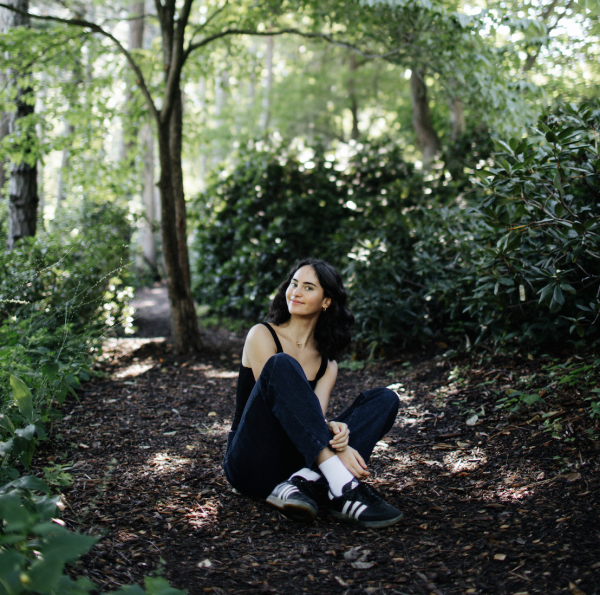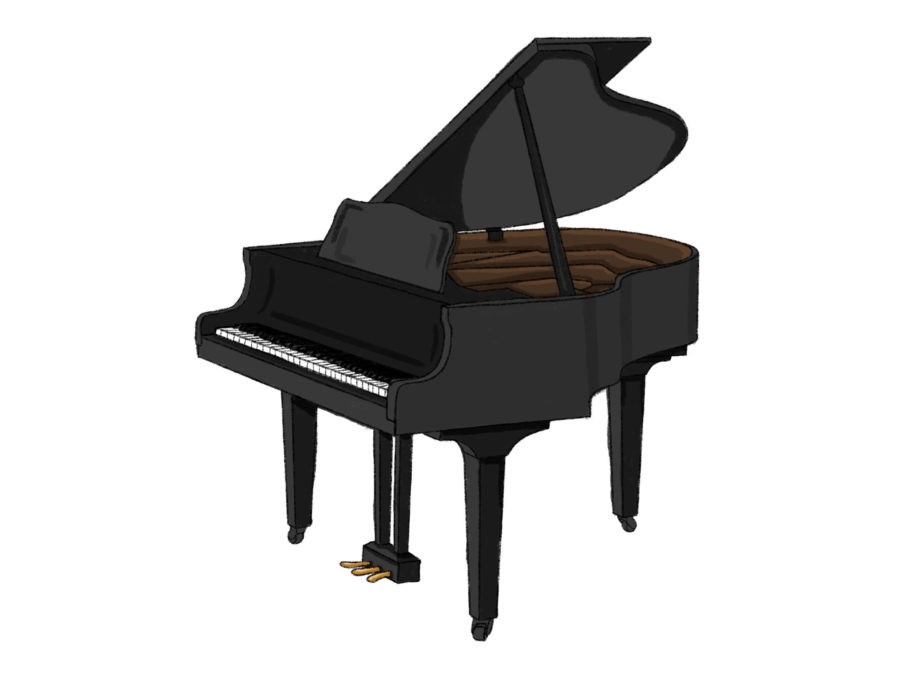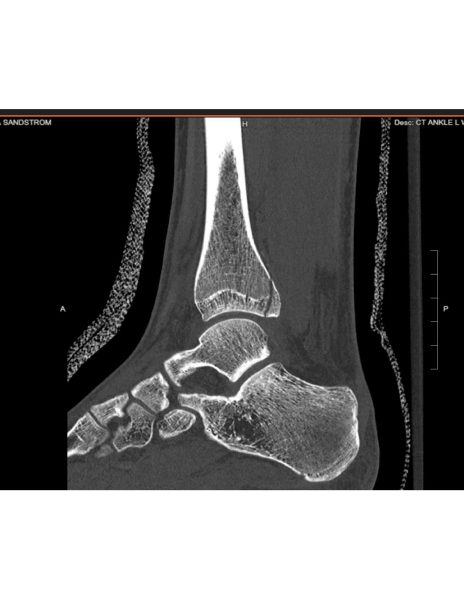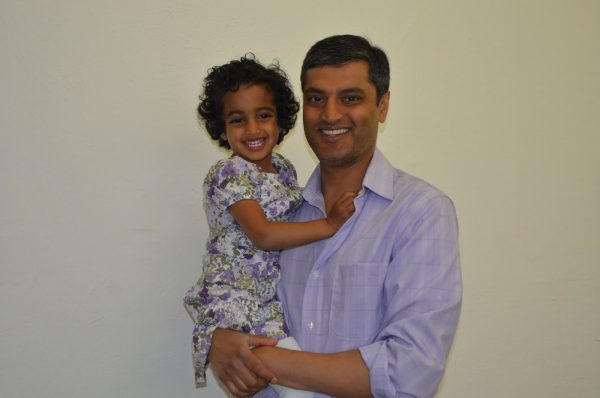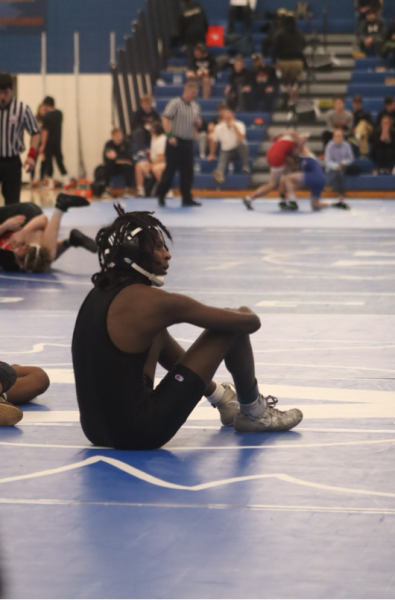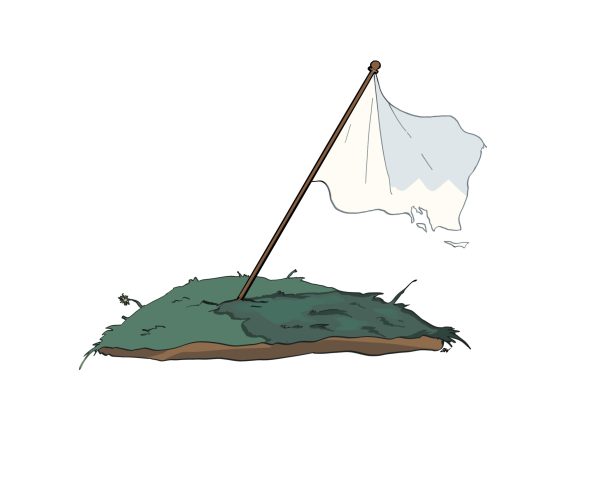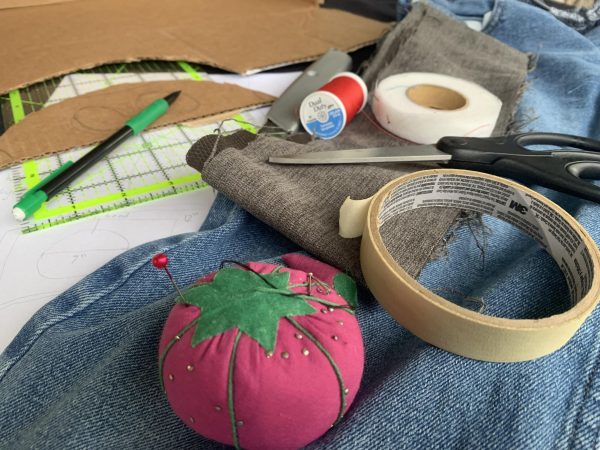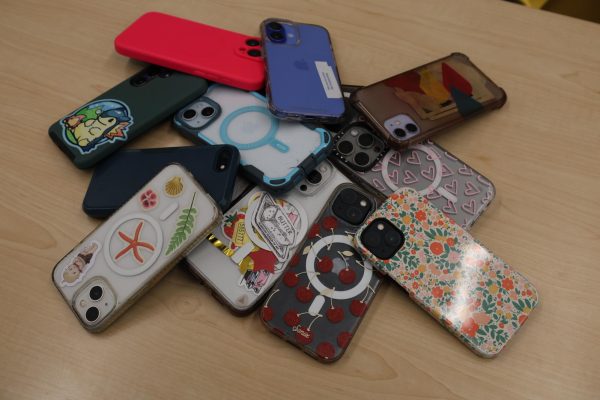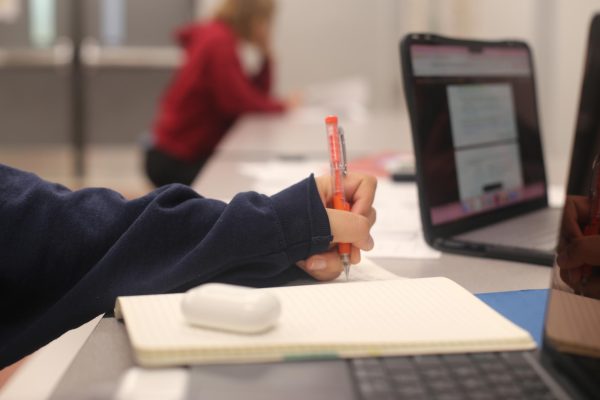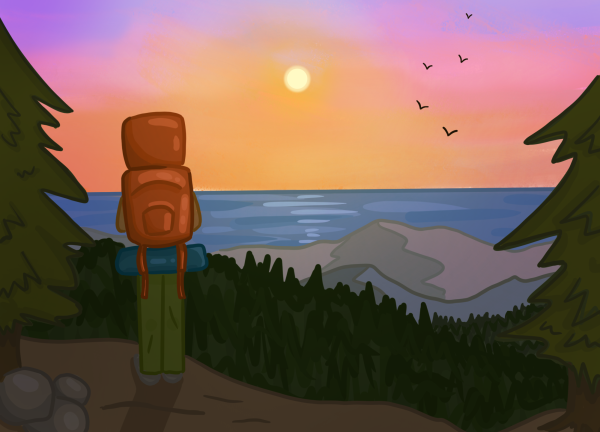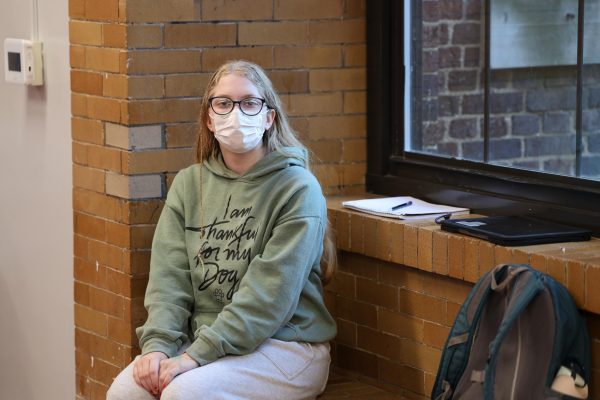Out of Tune
I think I have always been nervous. As a child, I would get paranoid about trivial things, like if the laundry machine shook too much, then the house would collapse in on itself or if I didn’t eat with the correct bowl, something bad would happen to my family. But I was also creative. I loved painting with my dollar store watercolor painting set, creating a story with each stroke. I loved making sculptures with Play-Doh that stained my hands with its salty smell. I loved dressing up, wearing plastic tiaras and frilly tutus. And I also loved music. I would waltz with my dad in the kitchen as we blared his classical favorites from the TV. Whenever there was a fancy event, I would bring my dad onto the dance floor, stepping on his leather shoes as various artists —from the Beatles to Britney Spears— blasted through the speakers. I was five years old when I told my mom I wanted to play the piano. She rented an old piano with stained and chipped keys, but I didn’t care. I loved playing the itsy-bitsy spider and Cinderella’s Waltz from my purple piano book, over and over again.
As I grew older, my piano books changed color; I began to play more difficult, serious pieces that differed from the familiar and child-like pieces I adored. The scores soon became crowded with flats or sharps, and the tempo became faster and faster. I felt my hand stretch as I reached for keys farther than an octave and I no longer needed a stool when I played — my feet could finally reach the petals now. Every six months, there was a recital and I was always thrilled. As my mom curled my hair and helped me choose a dress, I felt butterflies of excitement but also nervousness. My palms would sweat and my heart would race with adrenaline. I would play two to three pieces and with a wide smile on my face, take a humble bow, feeling pride and pure joy. The act of performing brought me happiness like no other. But soon, something changed. Two piano lessons a week transitioned into one; daily hour-long practices morphed into 30 minutes; practicing slowly disappeared from my routine. The piano would gather dust and as the sun cast its golden light on the white and black keys, I couldn’t help but feel guilty. Yes, I felt sad that this beloved passion of mine was slipping away, but mostly I felt shame. Where love and excitement once fueled my passion, frustration and grief replaced it. I was too scared to confront these feelings because then it would make them real. A part of me just wished that this was a nightmare and one random day, I would wake up with the same ambition and joy for piano.
But I still continued to play. I didn’t perform to the best of my abilities or return to the practicing schedule I once had, but I still played. Some days were better than others when I had intense feelings of motivation and courage, channeling my emotions into the keys and finding joy in the music I played. But the weeks before a recital still made me anxious and all of my confidence disappeared.
One day, my dad picked me up from dance class, another creative outlet of mine. We had the regular exchange of formalities as I turned the radio on, plugging my phone into the aux. As the familiar music gently filled our closed atmosphere, we sat in silence, appreciating each other’s company. We were driving down the same way we always went home. I memorized the movements of when there were turns; how long it takes for the light to turn green; the smoothness of Broadway Bridge, compared to the bumpy, brick roads of Kerrytown. I looked outside the window, gazing at the buildings I saw every single day. The car started to slow, eventually stopping. 20 seconds.
“How do you feel about the recital?” My dad asked as we waited for the light to change. 15 seconds. I sighed, looking forward as the bright red light reflected off the shield. In all honesty, I didn’t know how I felt. I wasn’t confident, but I wasn’t terrified. I wasn’t angry, but I wasn’t sad.
“I don’t know,” I said. Eight seconds now. My dad didn’t respond and we moved back to our silent state. The song transitioned into the key of E from its counterpart Ab major, resulting in a tense and discordant sound. Suddenly, I broke out into tears. The music, the silence, the question. Tears ran down my cheeks and I felt embarrassment attack every part of my body. Immediately, my dad started to ask me questions and I couldn’t get anything out. I just cried, pinching my skin and taking shallow breaths.
Ticks and pings of the hot metal cooling off and contracting filled the cold garage. I tried to catch my breath, but my mind was racing with the nonsense that I knew wasn’t helpful and only worsened my anxiety. I was embarrassed, blubbering and choking on my own tears as my dad asked me questions. Eventually, I tried to explain myself. My fear had nothing to do with the parents and kids watching; nothing to do with hoping I seamlessly play a section that I spent weeks wrecking my brain over; nothing to do with waiting for my turn to perform, and anxiously staring at my name printed in the program. I didn’t want to disappoint my teacher who knew me since I had a smile with missing front teeth and rewarded me with little green tea mints from Trader Joe’s that I treasured. I didn’t want to fake a smile, pretending to feel proud of myself as I fought off tears. All I wanted was to feel the same way I did, finding a unique happiness in a hobby like no other. There was no crushing pressure that I orchestrated myself, giving myself no room to breathe. I just wanted to play for myself again.
